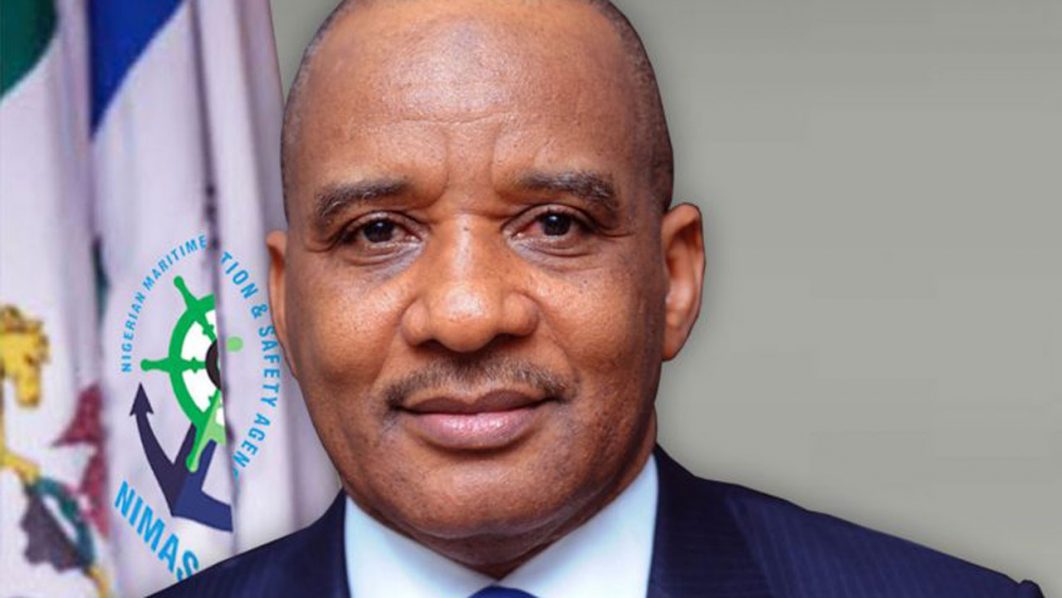
Jamoh made this call in his paper titled, ‘Enhancing Collaboration among Maritime Stakeholders for Improved Maritime Security in Nigeria’, which he presented at the 2021 edition of the Chief of the Naval Staff Annual Conference (CONSAC).
The event was held at the Coronation Hall of the Kano State Government House.
Jamoh observed that despite the potentials of the maritime sector in the areas of job creation, revenue generation, and its role in facilitating more than 90 per cent of world trade through shipping, the sector is undermined by insecurity.
He noted that the economic cost of maritime insecurity is very pronounced in Nigeria compared to other countries. While the economic cost of piracy in Asia was estimated at $4.5 million as of 2016, the equivalent in the GoG was about $793.7 million.
The NIMASA DG explained how insecurity leads to loss of revenue in the maritime sector. These are ransoms, insurance premiums, re-routing of ships, cost of security equipment, losses to the oil and fishing industries, and cost of security escort.
He said further: “Studies have identified the following factors as drivers of maritime insecurity in the region. They include an increase in ship traffic as a result of globalisation; the debilitating leadership of many of the states in the region; the proliferation of small arms; poor monitoring and control of the oceans; and criminality, which have been further aggravated by visible youth unemployment, high level of poverty, and economic hardship. The impact of these challenges is far-reaching and requires that all concerned should collaborate to tackle this menace.”
Drawing examples from other climes, like the Regional Cooperation Agreement on combating Piracy and Armed Robbery against Ships in Asia (ReCAAP), the NIMASA boss stressed that stakeholder collaboration has been used to tackle maritime insecurity.
He pointed out the five clusters of Nigerian maritime collaboration as the Armed Forces/National Security Group, which include the Army, Navy, Air Force, and the Non-Military Services, such as Customs, Police, Immigrations, NDLEA, as well as agencies with incidental functions (NAFDAC, NNPC, DPR; regulatory agencies (NIMASA, NESREA, NOSDRA, NIWA e); and the Disaster Management Agency (NEMA).
He also listed some collaborative efforts by the agency to address maritime insecurity. These include implementation of the Deep Blue project; enactment of the Suppression of Piracy and other Maritime Offences (SPOMO) Act 2019; community engagements; strengthening of the Navies of the GoG region; collaboration with chief executive officers of maritime industry organisations known as the Joint Maritime Industry Working Group (JMIWG).
He added: “Working together is a most vital approach to defend our seas, enhance maritime security, promote trade, protect the environment and guarantee the quality of life of our people.”



